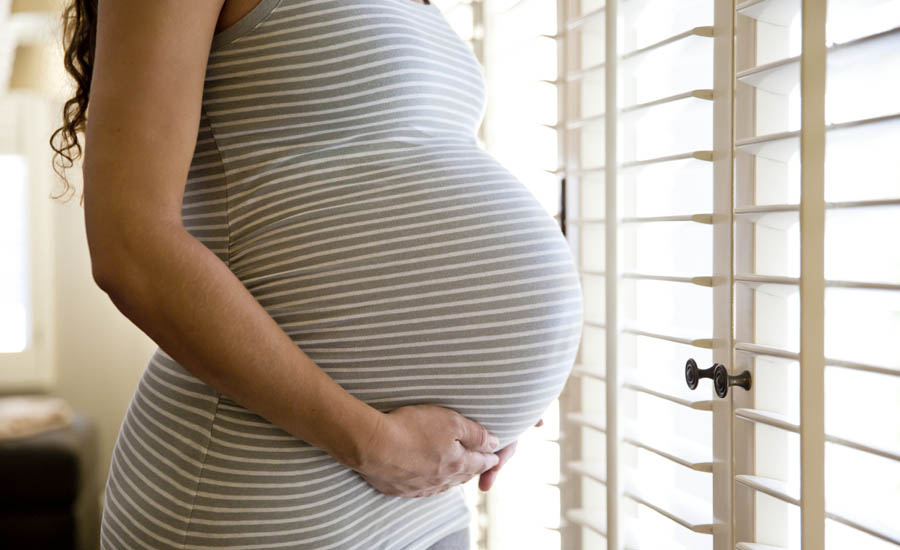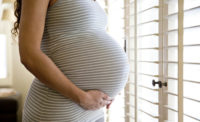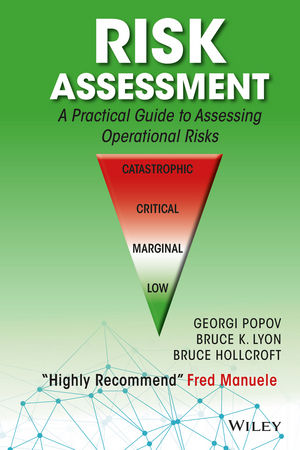Night shift work may contribute to miscarriage risk

Pregnant women who work two or more night shifts per week have an increased risk of miscarriage, according to a study published online yesterday in online in Occupational & Environmental Medicine.
Researchers in the department of occupational and environmental medicine at Bispebjerg and Frederiksberg Hospital in Copenhagen analyzed pregnancy outcomes in nearly 23,000 workers, most of whom were employed in Danish hospitals.
They found a 32 percent higher risk of miscarriage after the eighth week of pregnancy among women working two or more night shifts per week compared with women who did not work night shifts.
This is the first study to investigate the association between night work and miscarriage using detailed and prospective measurement of exposure to night work.
The authors of the study say it does not establish a causal link, but theorize that exposure to artificial light – which is necessary at night – disrupts a woman’s circadian rhythm and decreases the release of melatonin, a hormone which helps regulate sleep-wake cycles and is thought to play a role in the reproductive cycle, possibly by preserving the function of the placenta.
"The findings increase the knowledge about exposure to night work and have relevance for working pregnant women as well as their employers, physicians and midwives," the report noted.
Looking for a reprint of this article?
From high-res PDFs to custom plaques, order your copy today!






